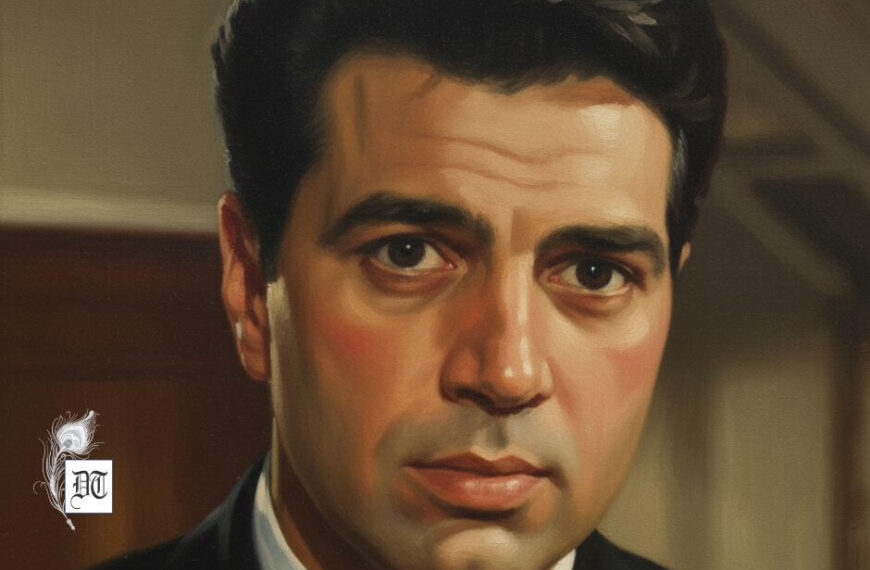Shyamal portrays a doyen on Indian journalism, Ramananda Chattopadhyay, and tells us about his visions and association with the city of Allahabad. An exclusive for Different Truths.
A very ancient but popular saying – dharmo rakshati rakshitah, i.e., Dharma protects the protected. Dharma here does not indicate religion or ism but the intrinsic value of the element or matter. Each element bears a value or property which holds its singular basic property for identification among similar other items. So also, journalistic dharma holds with publishing the truth and without any fear or favour.
Late Ramananda Chattopadhyay also known as father figure of Indian journalism.
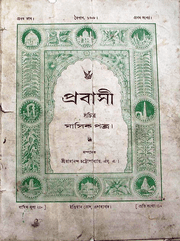
Today’s world is frequently mentioned sarcastically as a synonym for purchased media of fake reports – not at all honourable ascription. To say journalism has deviated from its dharma nowadays may be minimal depravity. It happened to be the British colonial era more than a century from the present day, an educationist of Bengali origin, also principal of a well-reputed institution in Allahabad, started his publication of the monthly magazine in Bengali, Prabasi, in 1901. He was Late Ramananda Chattopadhyay also known as a father figure of Indian journalism. Born in a remote village of Bankura, in the year 1865, he completed his post-graduation in English from the University of Calcutta, in 1890. While pursuing his postgraduate studies he got close to Brahmo Samaj and was Assistant Editor of their journal, Indian Messenger, where began his steppingstone for the future pursuit to journalism. After a stint of lectureship, he left for Allahabad, in 1895, to join Kayastha Kanya Pathsala. Meanwhile, he had been editing a periodical but disassociated soon owing to differences in outlook as he held strong independent views not amenable at any cost.
Probasi had been enormously popular and accepted among the intelligentsia as well as middle-class gentry from Bengal and out of Bengal as it could offer fiction, short plays and articles on varied topics and poetry along with illustrations. To its credit, Rabindranath had been a regular contributor and most of his novels were published in serialised versions, including Gora. With the immense success of Probasi, the monthly, Ramanand Babu had been keeping watch on the political scenario and nationalist movement under the Congress leadership. Meanwhile, Allahabad- based newspaper, The Pioneer, had been passing through an internal crisis and shifted publication to Lucknow.
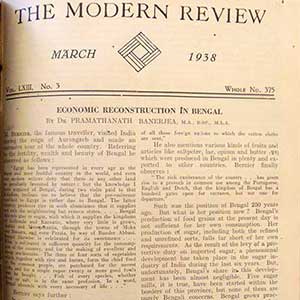
Soon his journalistic instinct and financial cost to run Probasi manifested in bringing out a sister monthly publication, in English, Modern Review, in 1907. Since its inception, Ramananda Babu kept the newspaper independent of any party inclination
Soon his journalistic instinct and financial cost to run Probasi manifested in bringing out a sister monthly publication, in English, Modern Review, in 1907. Since its inception, Ramananda Babu kept the newspaper independent of any party inclination but with a nationalistic outlook and a forum for the pan-India intellectuals. It did establish such a credential of its own in its time that it had most of the intelligentsia as contributors, including pseudonymous Jawaharlal Nehru.
Ramananda Babu is described as a pioneer in Indian journalism because he believed and set precedence in free and unbiased news publication…
Ramananda Babu is described as a pioneer in Indian journalism because he believed and set precedence in free and unbiased news publication with faithful coverage for readers from all status of the society. He advised true reporting needed knowledge in depth to display public opinion. Both Probasi and Modern Review later shifted to Calcutta as headquarters till their final closure. But these two newspapers had steered the course for true professional journalism, unfortunately somewhere eclipsed for fear or favour to an extent.
It was a fact Ramananda Babu was associated with Brahmo Samaj and later in life with Hindu Mahasabha for some years before quitting but he never imposed or impressed on his newspaper his personal views.
Visual sourced by the author

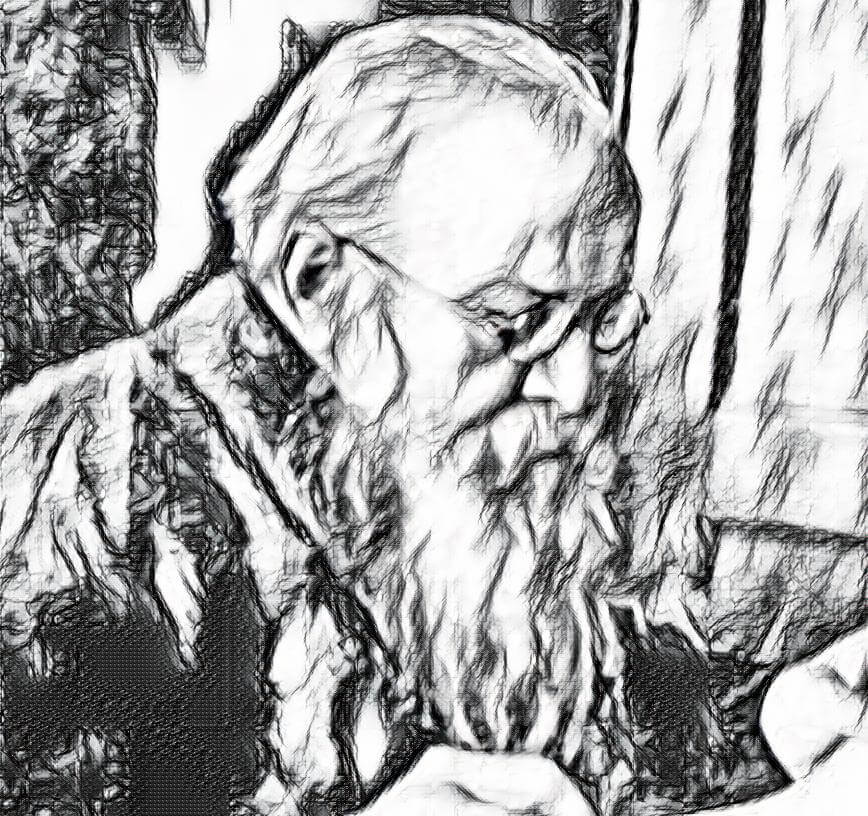



 By
By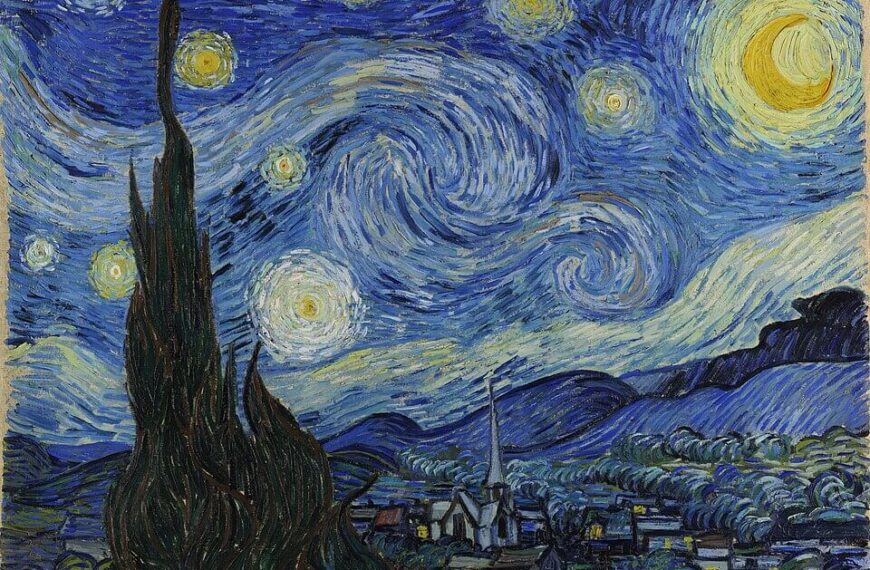
 By
By
 By
By